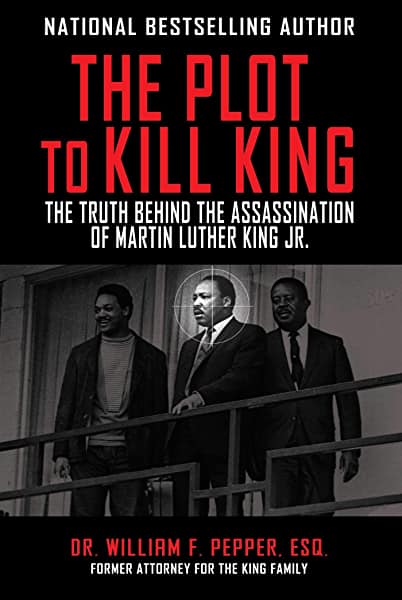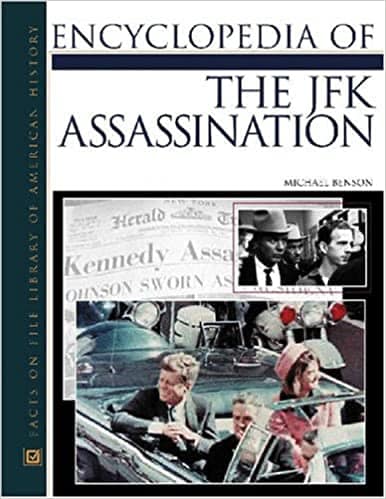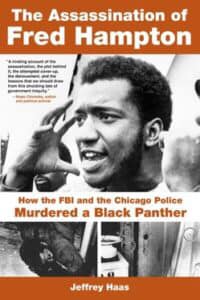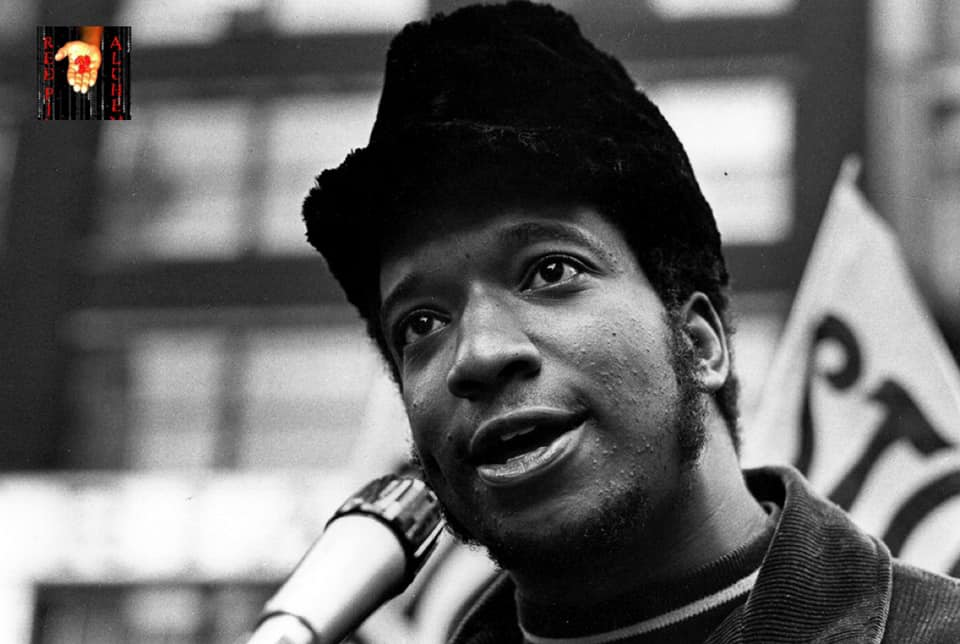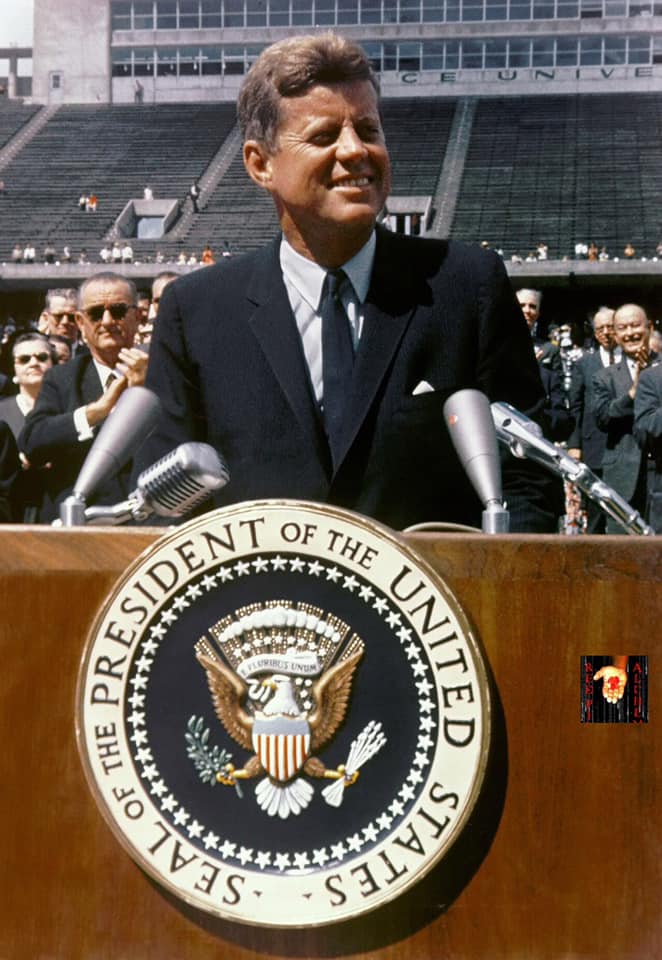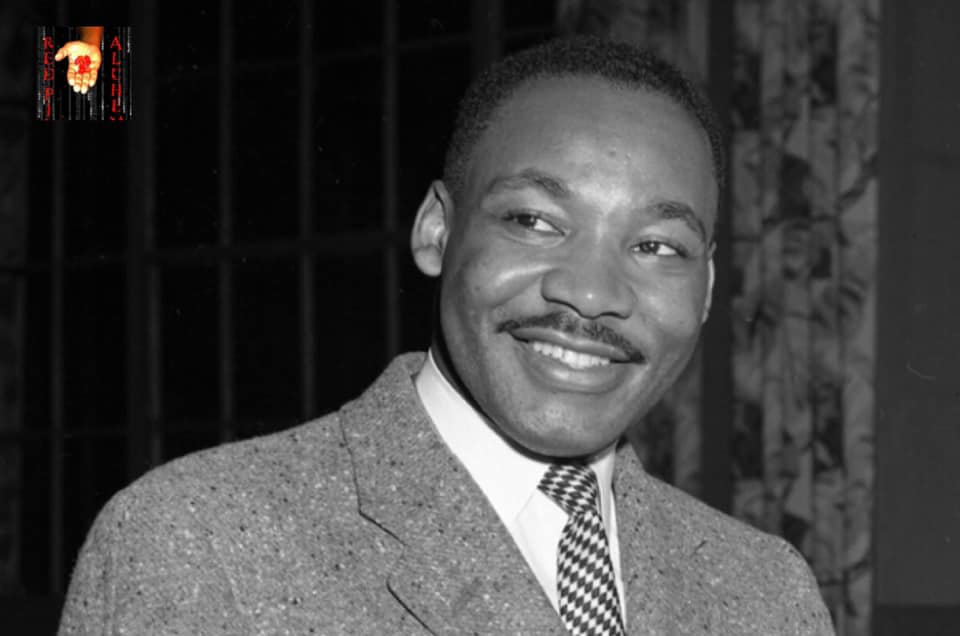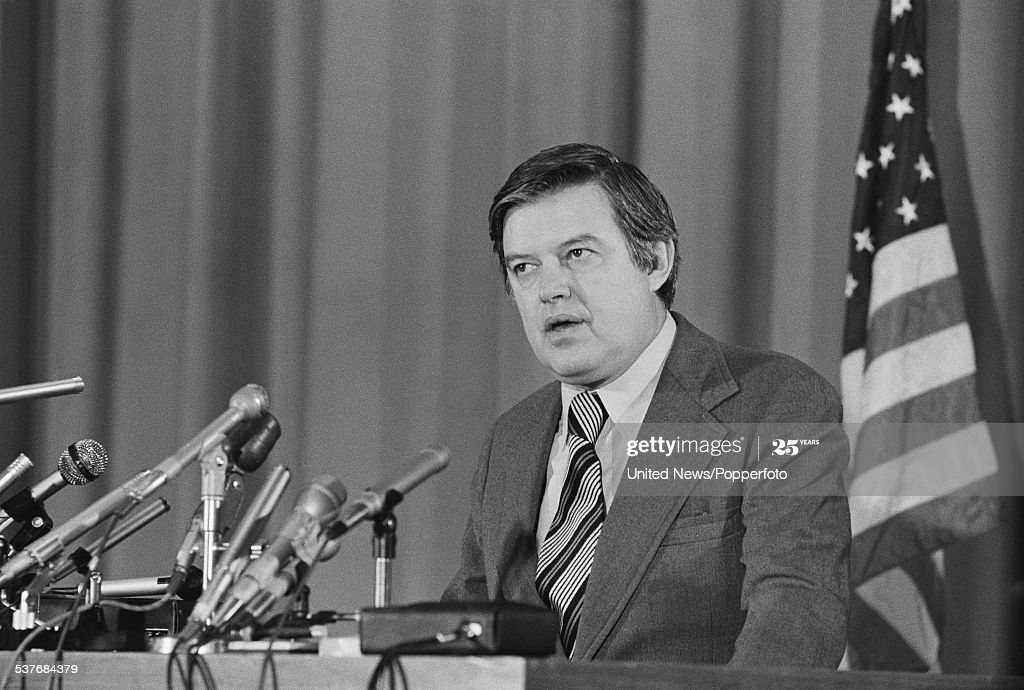
IDAHO Senator Frank Church
Frank Church & The HSCA House Select Committee On Assassinations!
OVERSTAND HOW RAMPANT THESE PRACTICES ARE THAT THEY HAD TO CREATE A COMMITTEE TO INVESTIGATE THE CIA & FBII
In 1975, Frank Church became the chairman of the Select Committee to Study Governmental Operations with Respect to Intelligence Activities. This committee investigated alleged abuses of power by the Central Intelligence Agency and the Federal Bureau of Intelligence. The committee looked at the case of Fred Hampton and discovered that William O’Neal, Hampton’s bodyguard, was a FBI agent-provocateur who, days before the raid, had delivered an apartment floor-plan to the Bureau with an “X” marking Hampton’s bed. Ballistic evidence showed that most bullets during the raid were aimed at Hampton’s bedroom. Church’s committee also discovered that the Central Intelligence Agency and Federal Bureau of Investigation had sent anonymous letters attacking the political beliefs of targets in order to induce their employers to fire them. Similar letters were sent to spouses in an effort to destroy marriages. The committee also documented criminal break-ins, the theft of membership lists and misinformation campaigns aimed at provoking violent attacks against targeted individuals. One of those people targeted was Martin Luther King. The FBI mailed King a tape recording made from microphones hidden in hotel rooms. The tape was accompanied by a note suggesting that the recording would be released to the public unless King committed suicide. In September, 1975, a subcommittee under Richard Schweiker was asked to investigate the performance of the intelligence agencies concerning the assassination of John F. Kennedy. In its final report, issued in April 1976, the Select Committee to Study Governmental Operations with Respect to Intelligence Activities concluded: “Domestic intelligence activity has threatened and undermined the Constitutional rights of Americans to free speech, association and privacy. It has done so primarily because the Constitutional system for checking abuse of power has not been applied.” The committee also revealed details for the first time of what the CIA called Operation Mockingbird. The committee also reported that the Central Intelligence Agency had withheld from the Warren Commission, during its investigation of the assassination of John F. Kennedy, information about plots by the Government of the United States against Fidel Castro of Cuba; and that the Federal Bureau of Investigation had conducted a counter-intelligence program (COINTELPRO) against Martin Luther King and the Southern Christian Leadership Conference.
Imagine How Diabolical These Agencies Truthfully Are That There Are Multiples Books About The Murders of All Three Men!
In 1976 Thomas N. Downing began campaigning for a new investigation into the assassination of John F. Kennedy. Downing said he was certain that Kennedy had been killed as a result of a conspiracy. He believed that the recent deaths of Sam Giancana and Johnny Roselli were highly significant. He also believed that the Central Intelligence Agency and the Federal Bureau of Investigation had withheld important information from the Warren Commission. Downing was not alone in taking this view. In 1976, a Detroit News poll indicated that 87% of the American population did not believe that Lee Harvey Oswald was the lone gunman who killed Kennedy. Coretta Scott King, was also calling for her husband’s murder to be looked at by a Senate Committee. It was suggested that there was more chance of success if these two investigations could be combined. Henry Gonzalez and Walter E. Fauntroy joined Downing in his campaign and in 1976 Congress voted to create a 12-member committee to investigate the deaths of Kennedy and King. Thomas N. Downing named Richard Sprague as chief counsel of the House Select Committee on Assassinations. Gaeton Fonzi was to later say: “Sprague was known as tough, tenacious and independent. There was absolutely no doubt in my mind when I heard of Sprague’s appointment that the Kennedy assassination would finally get what it needed: a no-holds-barred, honest investigation. Which just goes to show how ignorant of the ways of Washington both Sprague and I were”. Sprague quickly assembled a staff of 170 lawyers, investigators and researchers. On 8th December, 1976, Sprague submitted a 1977 budget of $6.5 million. Frank Thompson, Chairman of the House Administration Committee made it clear he opposed the idea of so much money being spent on the investigation. Soon afterwards smear stories against Sprague began appearing in the press. David B. Burnham of The New York Times reported that Sprague had mishandled a homicide case involving the son of a friend. Members of Congress joined in the attacks and Robert E. Bauman of Maryland claimed that Sprague had a “checkered career” and was not to be trusted. Richard Kelly of Florida called the House Select Committee on Assassinations a “multimillion-dollar fishing expedition for the benefit of a bunch of publicity seekers.” Probably the most important criticism came from Eldon J. Rudd of Arizona, a former FBI agent who had worked on the original investigation into the assassination of John F. Kennedy, declared the Committee had “already fanned the flames of rumour, distortion and unwanted distrust of law inforcement agencies.” However, Walter E. Fauntroy defended the work of Sprague: “threshold inquiries by a thoroughly professional staff… in the last three months have produced literally a thousand questions unanswered by the investigations of record.” On 2nd February, 1978, Henry Gonzalez replaced Thomas N. Downing as chairman of the House Select Committee on Assassinations. Gonzalez immediately sacked Sprague as chief counsel. Sprague claimed that only the fill committee had the power to dismiss him. Walter E. Fauntroy agreed with Sprague and launched a campaign to keep him as chief counsel. On 1st March, Gonzalez resigned describing Sprague as “an unconscionable scoundrel” Louis Stokes of Ohio was now appointed as the new chairman of the House Select Committee on Assassinations. After a meeting with Stokes on 29th March, Sprague agreed to resign and he was replaced by G. Robert Blakey. Sprague later told Gaeton Fonzi that the real reason he was removed as chief counsel was because he insisted on asking questions about the CIA operations in Mexico. Fonzi argued that “Sprague… wanted complete information about the CIA’s operation in Mexico City and total access to all its employees who may have had anything to do with the photographs, tape recordings and transcripts. The Agency balked. Sprague pushed harder. Finally the Agency agreed that Sprague could have access to the information if he agreed to sign a CIA Secrecy Agreement. Sprague refused…. “How,” he asked, “can I possible sign an agreement with an agency I’m supposed to be investigating?” Two subcommittees were created – a subcommittee on the assassination of President John F. Kennedy, with Richardson Preyer of North Carolina as its chairman, and a subcommittee on the assassination of Martin Luther King, with Walter E. Fauntroy, as its chairman. The staff was divided into two task forces designated to assist each of the subcommittees. The House Select Committee of Assassinations set up a panel of forensic pathologists to examine the autopsy materials and other medical evidence. Most of the members concluded that two bullets, both fired from the rear, struck Kennedy. However, one member, Cyril H. Wecht, rejected this theory claiming it was medically impossible, and suggested that at least one bullet had been fired from the right front. During the investigation the committee discovered that the Dallas Police had a recording of the assassination. A microphone, mounted on one of the motorcycles escorting the motorcade, had picked up sounds in Dealey Plaza at the time of the assassination. Acoustic experts analysed the recording and were able to distinguish four rifle shots. They concluded that there was a 95 per cent probability of the third bullet was fired from the Grassy Knoll.
#REDPILLGANG #heru #killuminati #wakeupneo
Sources
https://en.wikipedia.org/wiki/Frank_Church
Final Report of the Select Committee to Study Government Operations With Respect to Intelligence Activities (April, 1976)
John Simkin (john@spartacus-educational.com)


